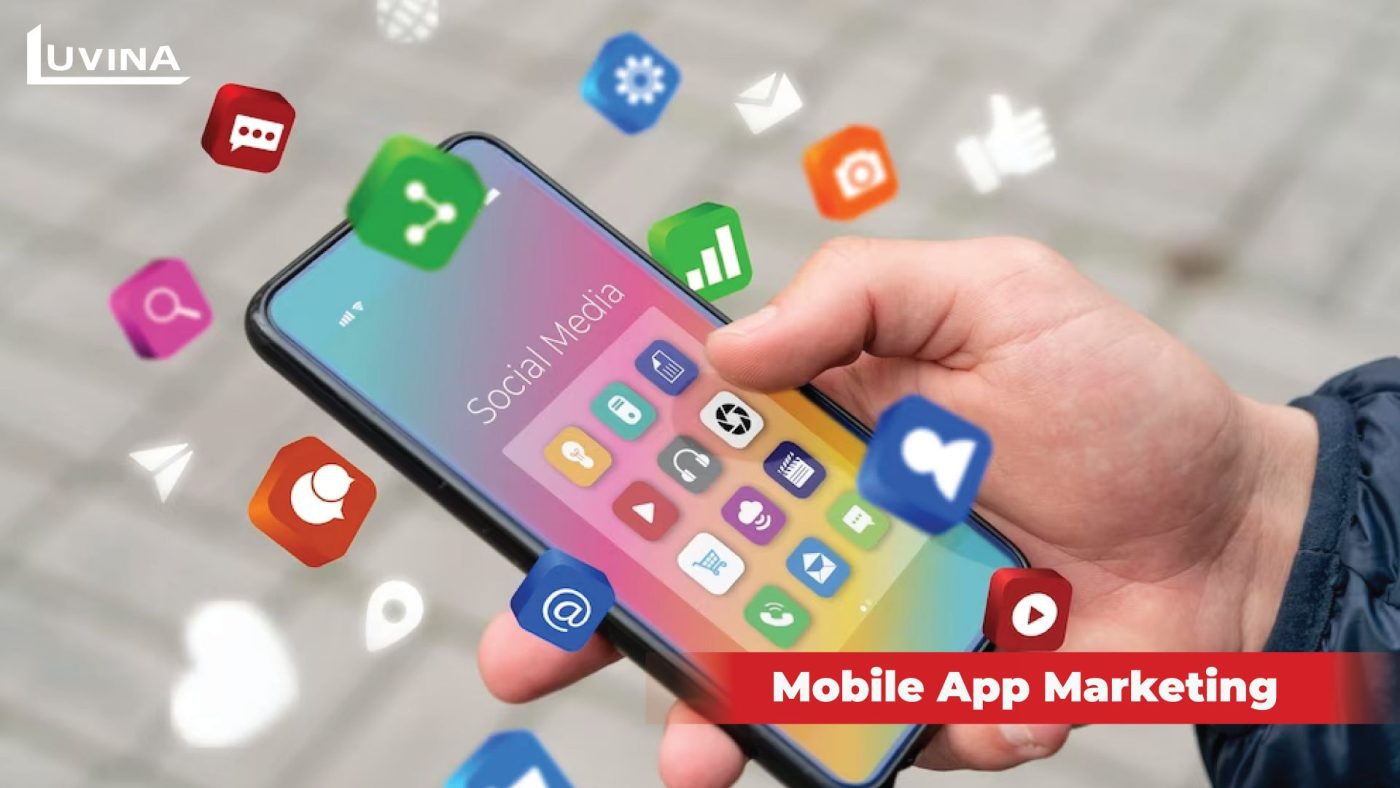In the fast-paced digital age, small businesses are discovering the immense potential of mobile apps to connect with customers, boost revenue, and enhance their brand presence. Android app development services have become a cornerstone for small businesses looking to harness the power of mobile technology. This comprehensive guide is your gateway to understanding how Android app development services can be tailored to meet the unique needs of small businesses.
Understanding the Specific Needs of Small Businesses
Small businesses have their own set of goals and challenges regarding app development.

1. Cost-Effectiveness: Limited budgets demand cost-effective solutions without compromising quality.
2. User-Centric Design: Emphasis on intuitive design and seamless user experiences to engage customers effectively.
3. Scalability: Apps should scale with business growth, accommodating future expansions without extensive rework.
4. Compatibility: Ensuring apps work across various devices and platforms to reach a broader audience.
5. Security: Prioritizing data protection and compliance with regulations to build trust among users.
6. Integration: Seamless integration with existing systems or tools to enhance operational efficiency.
7. Maintenance: Cost-efficient maintenance and support services ensure the app’s longevity and performance.
These needs emphasize the importance of tailored solutions that align with small businesses’ goals, resources, and growth trajectories.
Tailored Android App Development Services
Tailored Android App Development Services offer unmatched flexibility and scalability by customizing solutions according to specific business needs. This approach ensures apps are adaptable to changing requirements and scalable to accommodate future growth. This flexibility allows for the incorporation of unique features, design elements, and functionalities, catering precisely to the business’s objectives. Moreover, the scalability aspect ensures the app can seamlessly evolve alongside business expansion, integrating new features or accommodating increased user demands without compromising performance or usability.
Budget-Friendly Approaches
Implementing budget-friendly approaches in app development can significantly benefit small businesses:

1. App Templates: Leveraging pre-designed app templates or frameworks for Android apps can substantially reduce development costs and time. These templates offer a foundation, allowing businesses to customize and add specific features without starting from scratch.
2. Simplified Features: Focusing on essential features initially and gradually expanding functionalities over time can help manage costs. Prioritizing core functionalities ensures the app meets immediate needs while minimizing development expenses.
3. Phased Development: Adopting a phased approach allows businesses to launch a basic version of the app first, validating its feasibility and gathering user feedback. Subsequent phases can incorporate additional features based on user input and budget allowances.
By adopting these strategies, small businesses can optimize their budgets, initiate app development without extensive investments, and gradually enhance their app based on feedback and growing capabilities. This approach ensures a cost-efficient and pragmatic route to app development without compromising quality or scalability.
>> See more: Hidden Costs of Android App Development
User-Centered Design for Small Business Apps
Small businesses must use A user-centric approach to ensure their apps resonate with their target audience. User-centered design is pivotal in app development, emphasizing the significance of crafting intuitive interfaces and seamless navigation. This approach prioritizes understanding user behavior, preferences and needs to create an app that resonates with its audience.
1. Enhanced User Experience: Intuitive interfaces ensure users can easily navigate through the app, find information, and perform tasks effortlessly. This fosters a positive user experience, encouraging engagement and retention.
2. Reduced Learning Curve: Intuitive design minimizes the need for extensive tutorials or guidance, allowing users to intuitively understand how to interact with the app, resulting in quicker adoption.
3. Increased Engagement: A user-friendly interface and smooth navigation keep users engaged, encouraging frequent interactions and repeat usage, ultimately contributing to app success.
4. Feedback Integration: User-centered design incorporates user feedback, ensuring continuous improvements and updates that align with user preferences, thereby enhancing overall satisfaction.
In essence, focusing on user-centered design ensures that the app resonates with its intended audience, leading to increased user satisfaction, engagement, and loyalty. This approach ultimately contributes to the app’s success and long-term viability in the market.
Marketing and Promotion Through Apps
Apps are more than just tools; they’re marketing assets. Android app development services offer robust tools to bolster marketing efforts for small businesses:

1. Push Notifications: Utilizing push notifications enables direct and timely communication with users. These notifications can inform users about new offers, updates, or relevant information, driving engagement and retention.
2. Loyalty Programs: Integrating loyalty programs within the app incentivizes repeat business. Small businesses can offer rewards, discounts, or exclusive deals to loyal app users, fostering customer loyalty and retention.
3. User Engagement Features: Including interactive elements like surveys, polls, or in-app feedback forms encourages user engagement. This interaction gathers valuable insights and strengthens the relationship between the business and its customers.
4. Personalized Experiences: Tailoring content or recommendations based on user behavior or preferences enhances user experience. Personalization fosters a sense of connection, increasing the likelihood of conversions and repeated interactions.
5. Social Media Integration: Integrating social sharing or login features allows users to share content or log in using their social profiles. This facilitates easy app content sharing, broadening its reach and attracting potential customers.
By incorporating these features into their Android apps, small businesses can leverage technology to effectively reach, engage, and retain customers. These strategies not only enhance user experience but also contribute significantly to the overall success of the business’s marketing efforts.
Conclusion
As the digital landscape evolves, small businesses that embrace mobile technology are poised for success. Leveraging these features, small businesses can harness technology to effectively engage and retain customers, thereby enhancing user experiences and fortifying marketing efforts.
Ready to embark on your app development journey? Contact Luvina today for tailored Android app development services that align with your business aspirations!
{ Get everything you ever
wanted to know about IT.}
Read More From Us?
Sign up for our newsletter








Read More From Us?
Sign up for our newsletter
Read More From Us?
Sign up for our newsletter